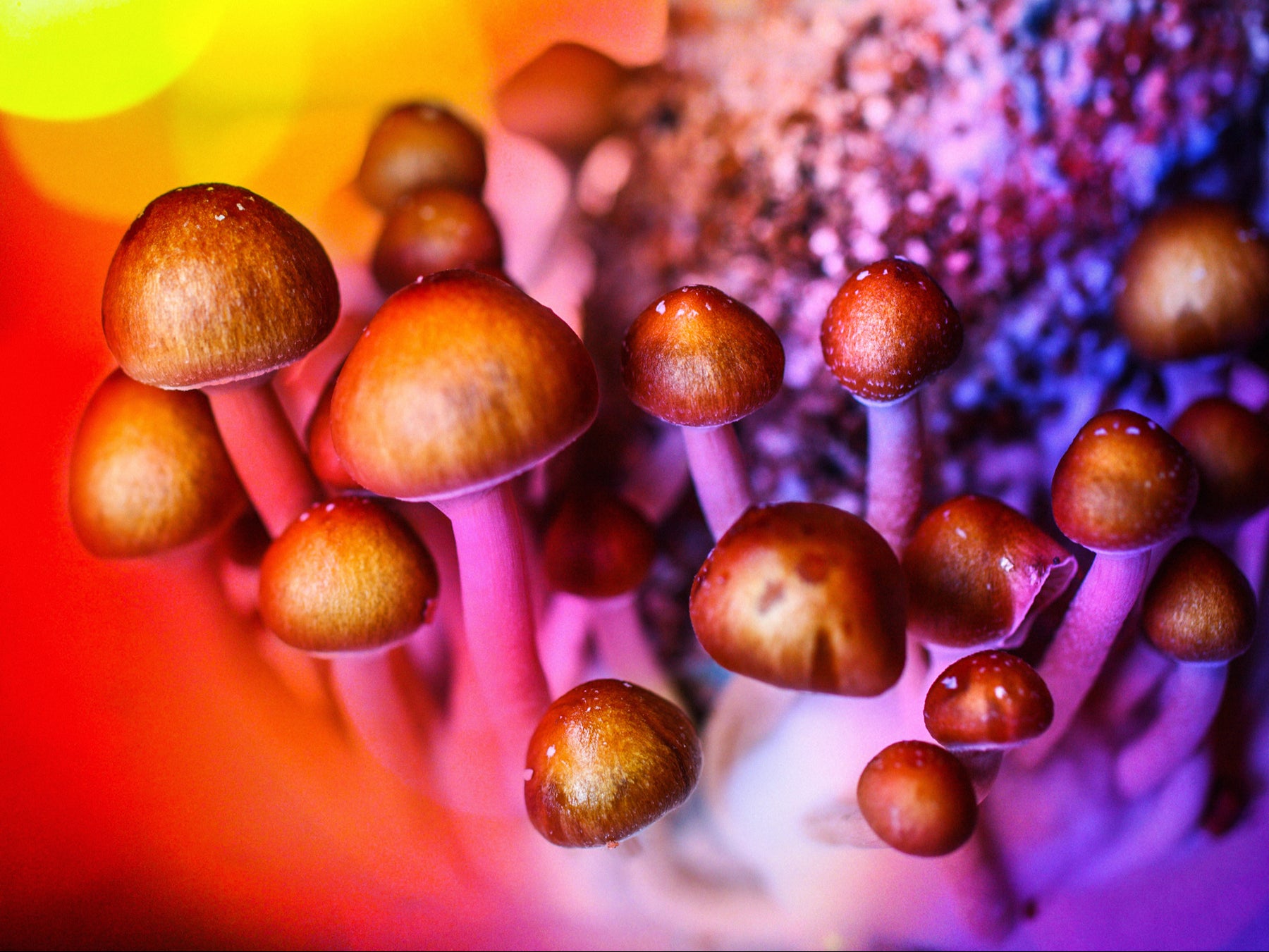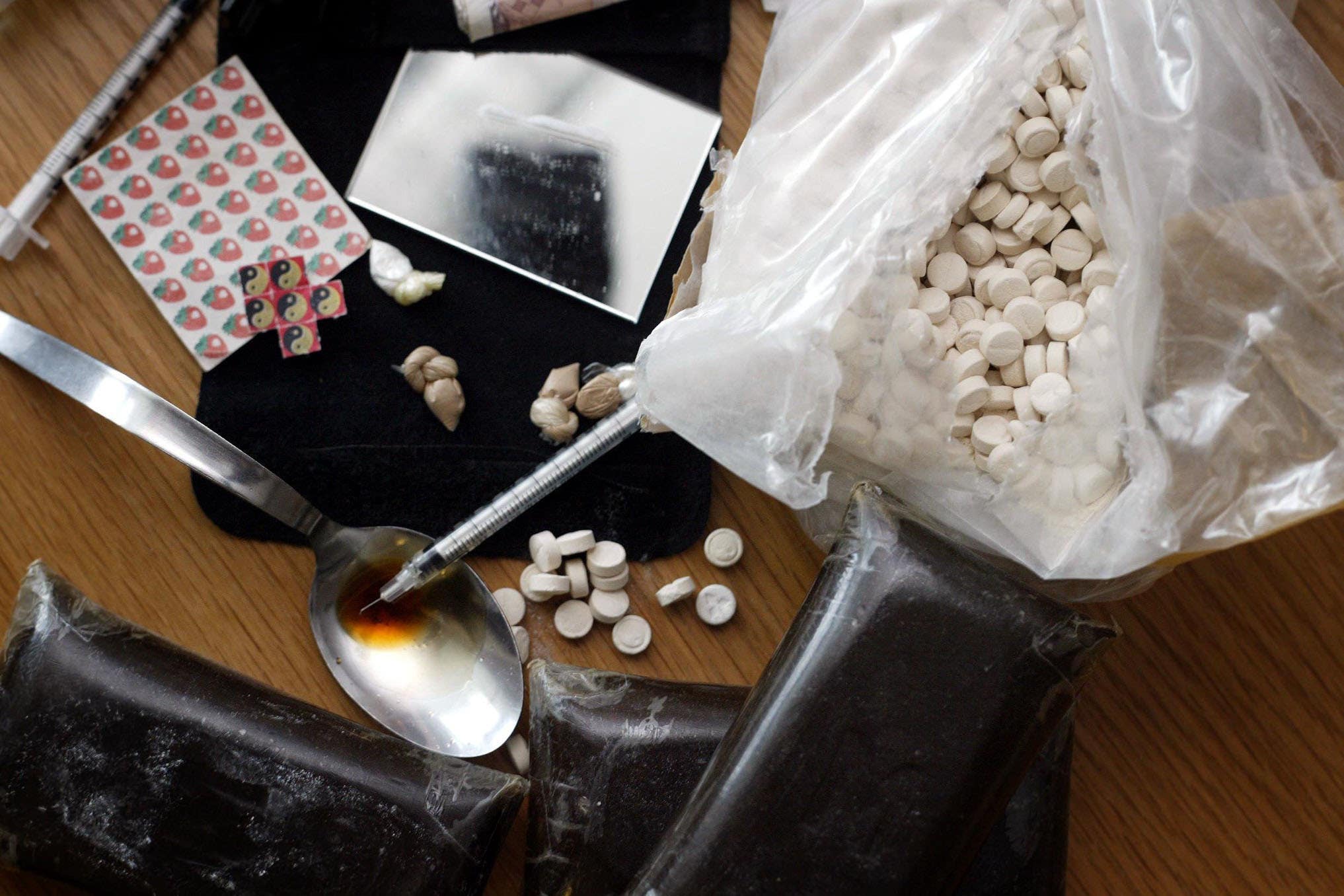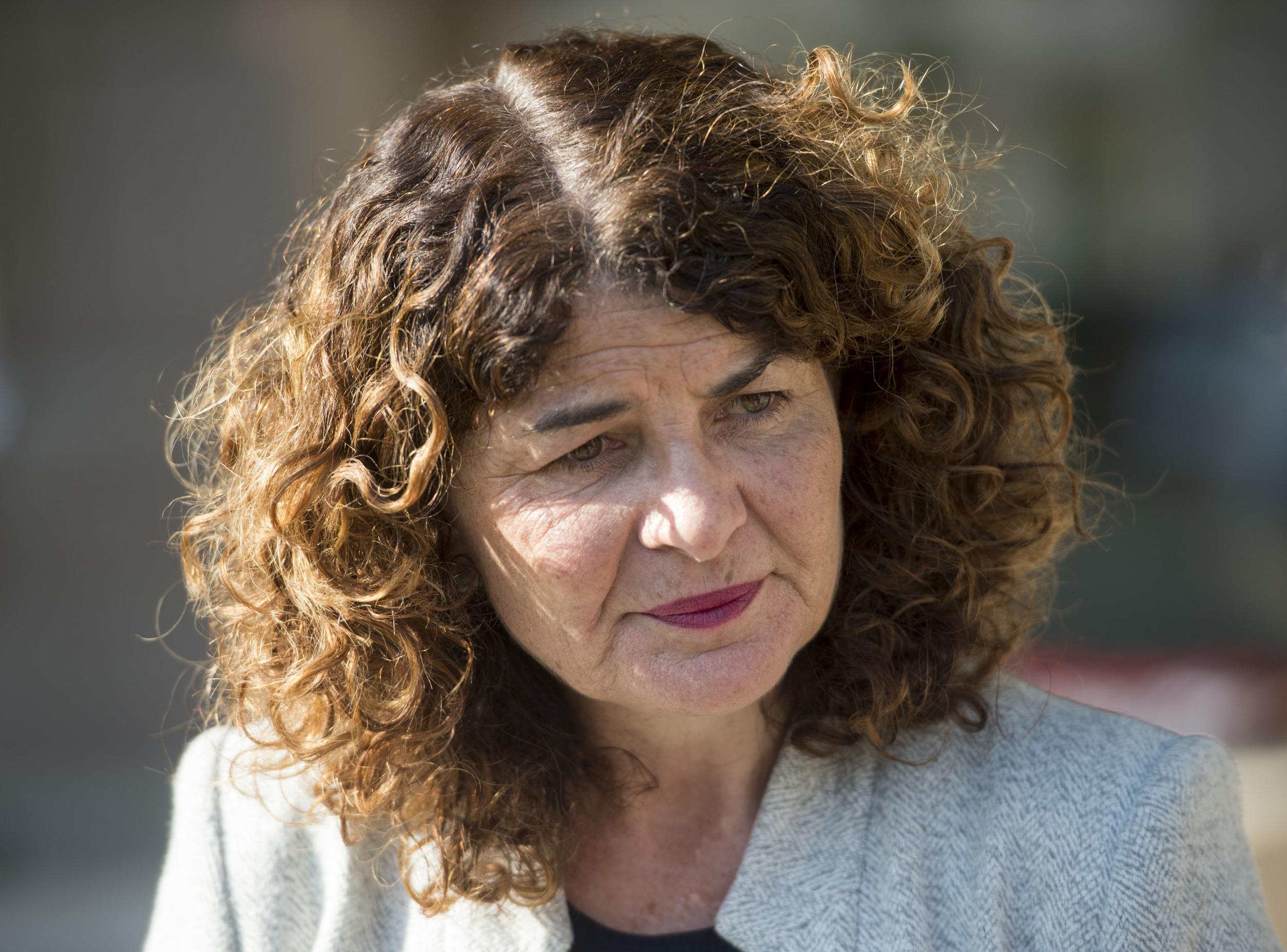MPs call for magic mushrooms and psychedelic drugs to be downgraded
Cross-party committee also backs wider use of cannabis for medicinal use and drug ‘consumption rooms’

Your support helps us to tell the story
From reproductive rights to climate change to Big Tech, The Independent is on the ground when the story is developing. Whether it's investigating the financials of Elon Musk's pro-Trump PAC or producing our latest documentary, 'The A Word', which shines a light on the American women fighting for reproductive rights, we know how important it is to parse out the facts from the messaging.
At such a critical moment in US history, we need reporters on the ground. Your donation allows us to keep sending journalists to speak to both sides of the story.
The Independent is trusted by Americans across the entire political spectrum. And unlike many other quality news outlets, we choose not to lock Americans out of our reporting and analysis with paywalls. We believe quality journalism should be available to everyone, paid for by those who can afford it.
Your support makes all the difference.Magic mushrooms and other psychedelic drugs should be reclassified as “a matter of urgency” to support clinical research into medical and therapeutic treatment, a group of influential MPs have said.
A report by the home affairs committee said there was a “growing body of evidence” that suggests psychedelics – and psilocybin in particular – may have therapeutic benefits, including treating depression and PTSD.
The cross-party group recommended that Rishi Sunak’s government downgrades the class A psychedelic drugs from Schedule 1 to schedule 2 so academics can test the “therapeutic value” more easily.
The powerful committee backed greater provision of cannabis-based products for medicinal use – though it stopped short of saying cannabis should be legalised or regulated for non-medical use.
The cross-party group of MPs also concluded recommended the use of safe spaces across the UK for users to take heroin and other substances in “consumption rooms” under medical supervision – along with greater testing at festivals.
The Scottish government has been pressing for a so-called safe consumption facility to be set up, with efforts on this having so far been blocked by Westminster.
But the home affairs committee recommended that a pilot in Glasgow is supported by Westminster and jointly funded by both governments.
If Rishi Sunak’s government remains unwilling to support the pilot, the power to establish it should be devolved to the Scottish government, the committee said.
More widely, the MPs recommended pilots of such facilities – where heroin users and other addicts can take substances under medical supervision with the aim that the environment will help prevent overdoses – in parts of the UK where local government deem there is a need.

Figures published last week revealed Scotland’s largest ever fall in drug deaths, with data showing a total of 1,051 deaths due to drug misuse in 2022 – a drop of 279 on the previous year.
But while the number of deaths linked to drugs misuse is now at the lowest it has been since 2017, the official report made clear that the rate of deaths is still “much higher” than it was when recording the data began in 1996.
MPs said the pilot on the bold move “must be evaluated in order to establish a reliable evidence base on the utility of a safe consumption facility in the UK”.
Responding to the recommendation on consumption rooms, the Sunak government insisted “there is no safe way to take illegal drugs” and they have “no plans to consider” the idea.
Additionally, the MPs said on-site drug checking services at temporary events like music festivals and within the night-time economy should be rolled out, recommending that the Home Office “establish a dedicated licensing scheme for drug checking at such events before the start of the summer 2024 festival season”.

The report stated that existing classifications of controlled substances should be reviewed by the Advisory Council on the Misuse of Drugs (ACMD) to ensure they accurately reflect the risk of harm, with further reviews every 10 years.
While welcoming the 10-year drug strategy’s commitment to tackling county lines, the committee said the government can “go further to prevent children and young people from becoming exploited”.
Committee chairwoman, Dame Diana Johnson said: “The criminal justice system will need to continue to do all it can to break up the criminal gangs that drive the trade in illicit drugs. However, it must also recognise that many children and young people involved need to be supported to escape not punished for their involvement.”
She added: “Fundamentally, we need to have the right interventions in place to help people break free from the terrible cycles of addiction and criminality that drug addiction can cause. Simply attempting to remove drugs from people’s lives hasn’t worked.”
A Home Office spokesperson said: “There is no safe way to take illegal drugs, which devastate lives, ruin families and damage communities, and we have no plans to consider this.”
The Association of Police and Crime Commissioners (APCC) said many commissioners |will not, however, feel that they can support approaches that they see as facilitating illegal drug use, such as drug consumption rooms and pill testing, and they therefore support the current legal position”.




Join our commenting forum
Join thought-provoking conversations, follow other Independent readers and see their replies
Comments